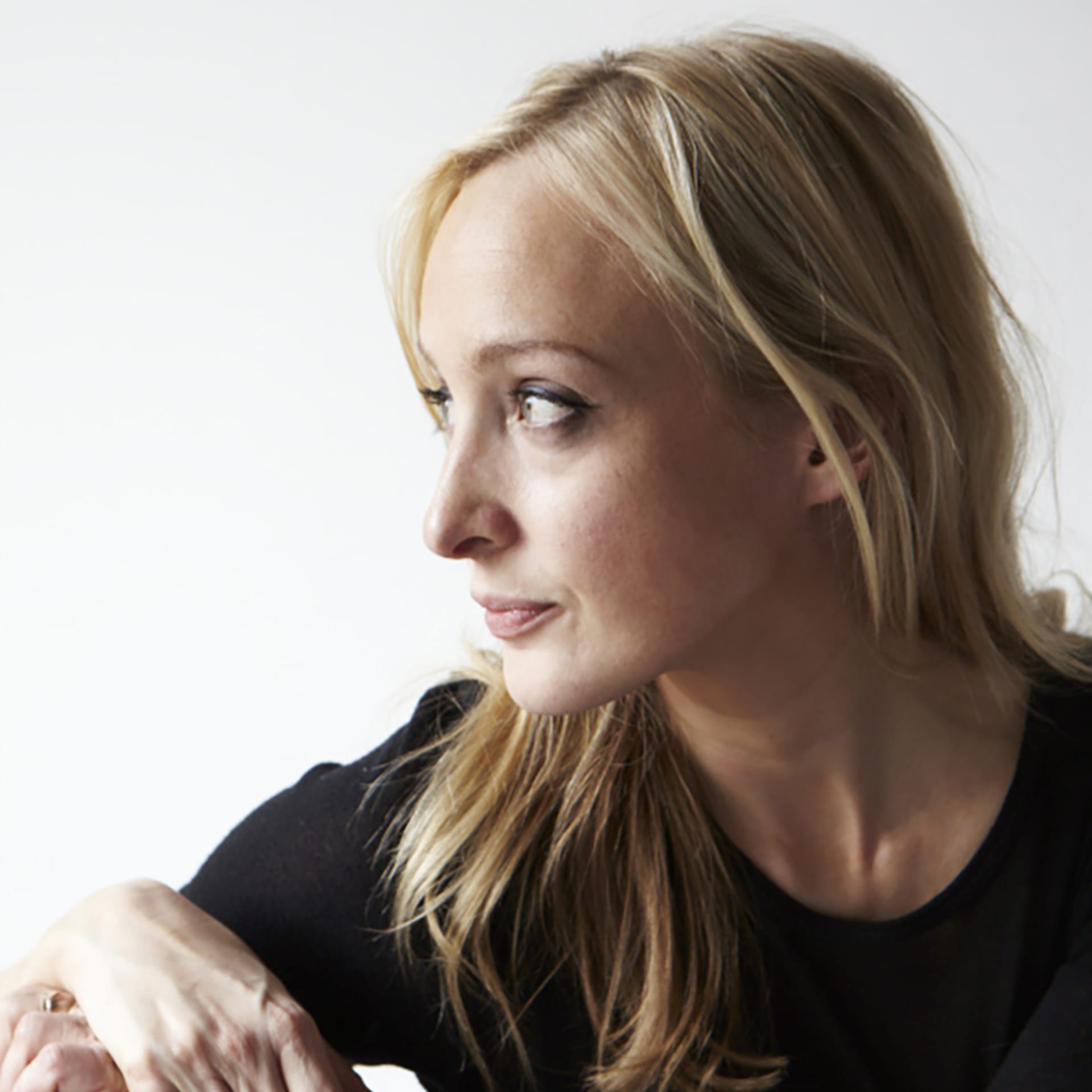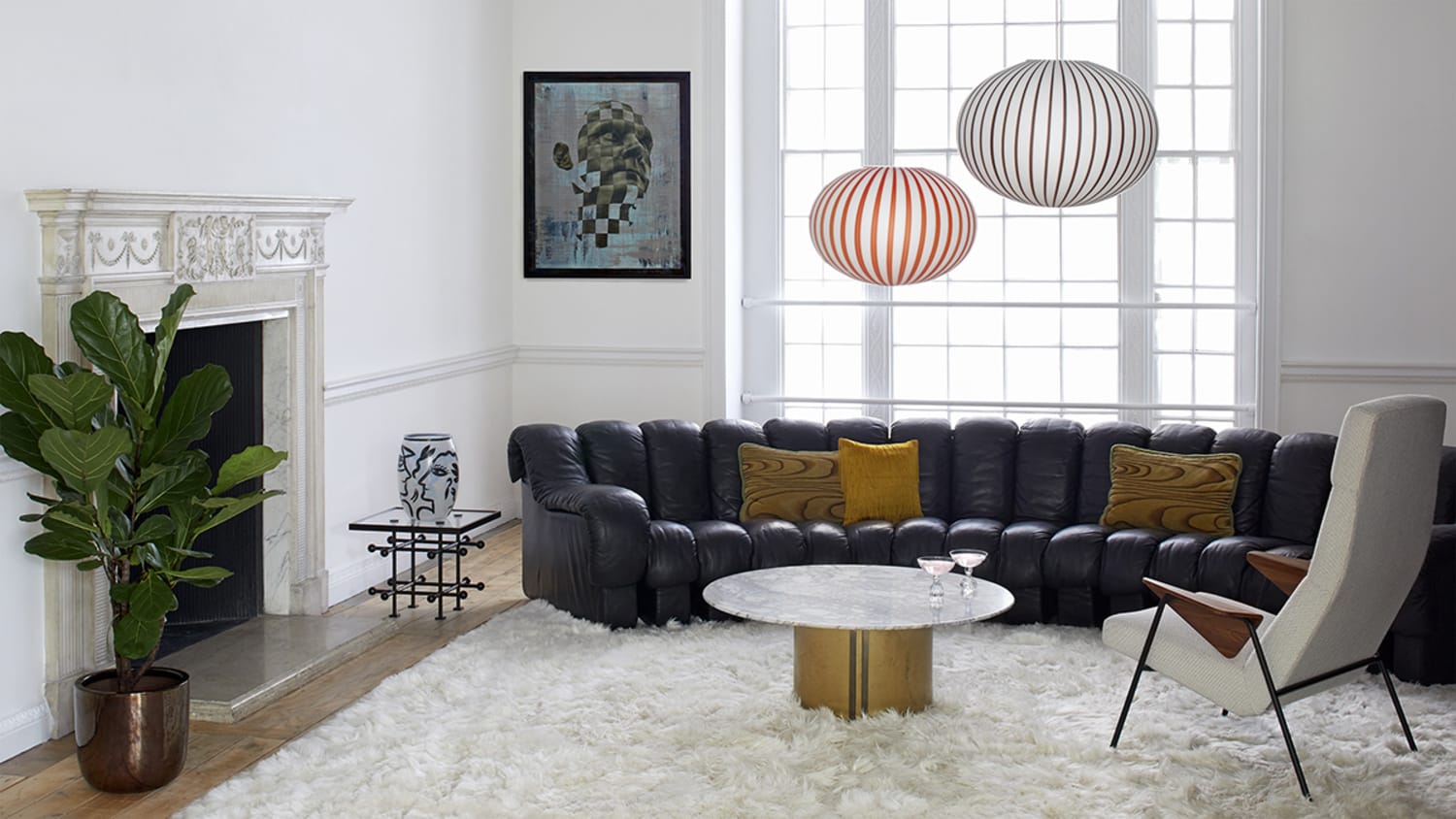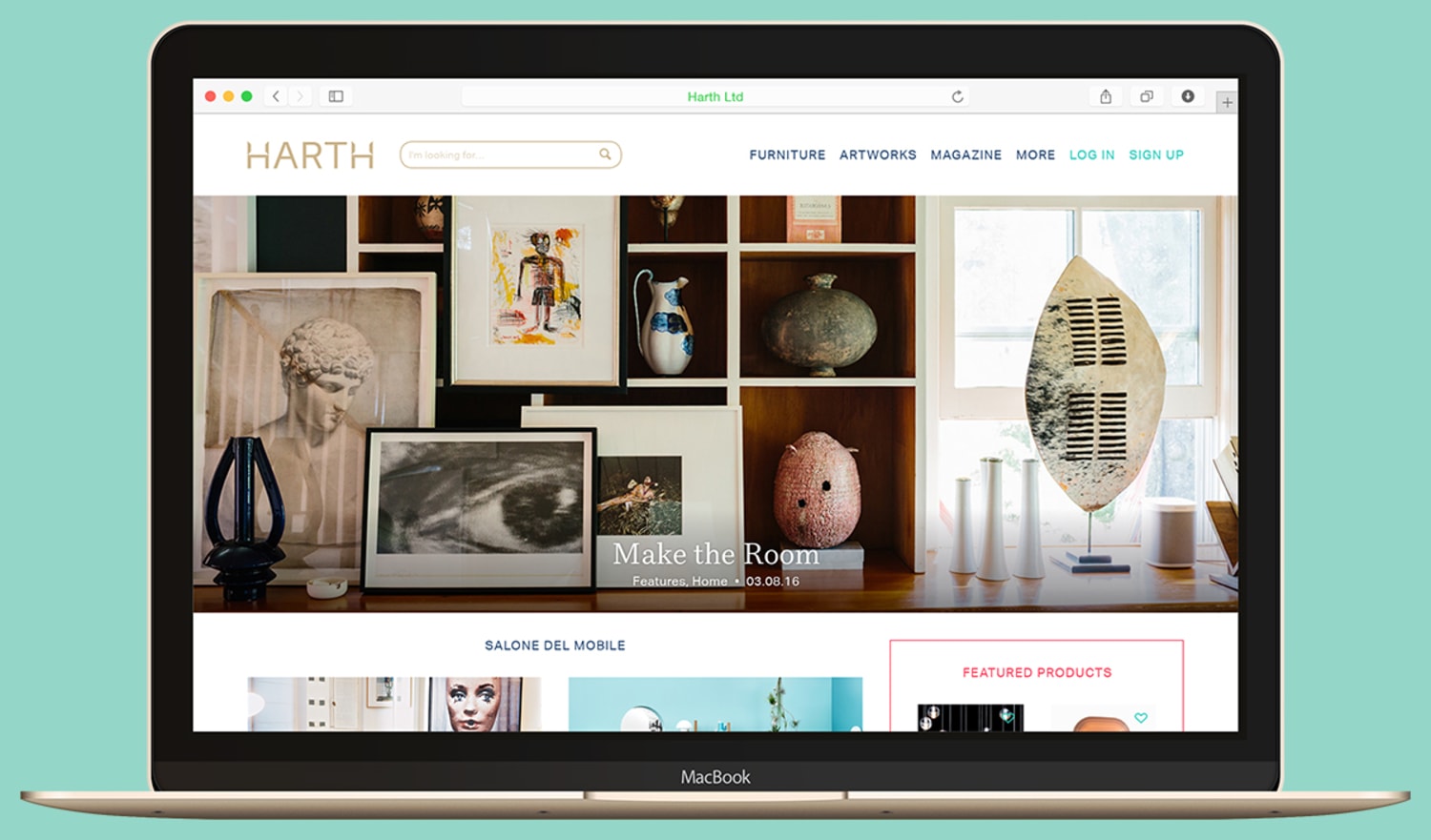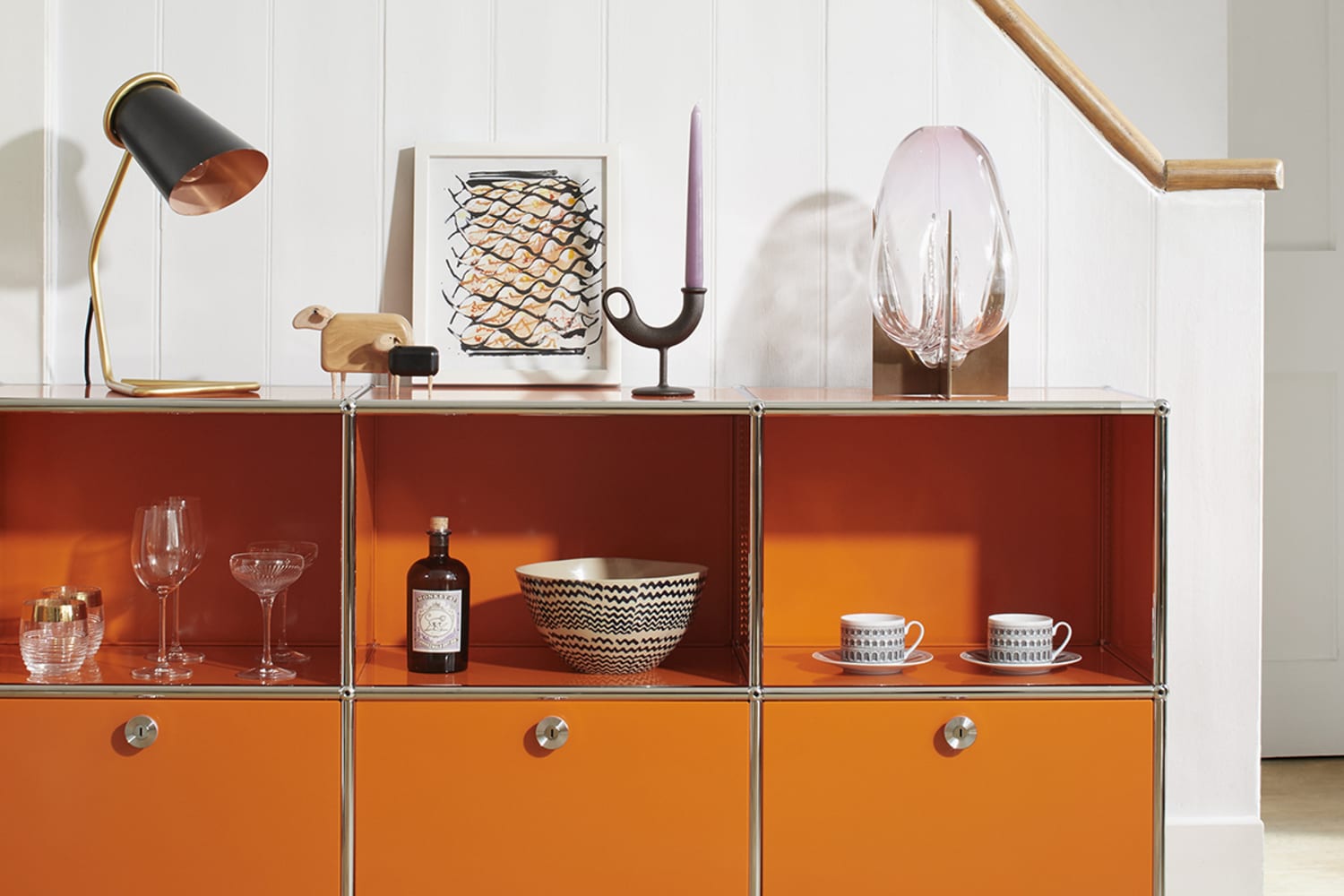A Jeff Koons sculpture in your garden for the weekend? That could be reality rather than fantasy, thanks to Harth, a new platform whose mission is to connect designers, artists and manufacturers with customers who want to borrow their statement pieces.
Henrietta Thompson founded Harth together with her husband and business partner Ed Padmore—they also run the Naked on the Piano creative and editorial consultancy. Thompson says that Harth simultaneously addresses the issue of having too much “stuff” and the (often social media-induced) desire to improve and refine our interior spaces. The service is positioned to appeal both to the growing ranks of permanent—and grown up—renters and to a generation that isn’t hung up on owning things. “The actual concept of owning something isn’t so important. It’s more about experiencing it, or living with it for a certain amount of time, or being photographed with it,” says Thompson, who also serves as editor-at-large at Wallpaper magazine.
Here, we ask Thompson about the impetus for starting the platform, why now is the right time, and how she thinks Harth, which is set to launch later this year, will change the interiors landscape.








